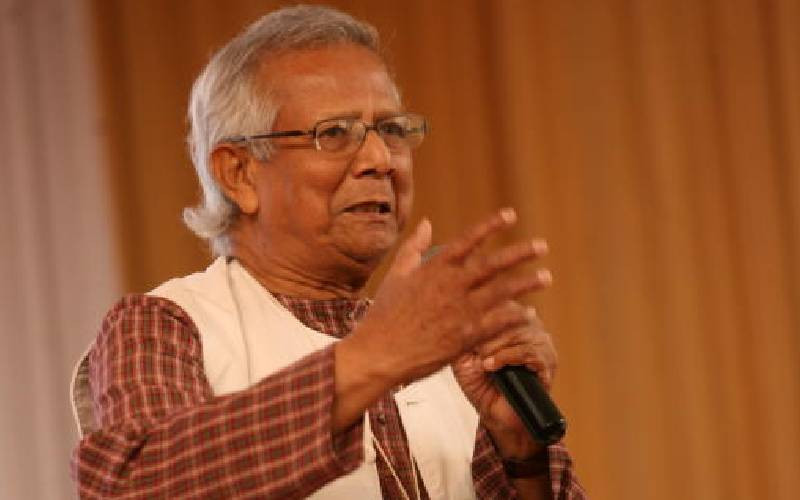×
The Standard e-Paper
Kenya’s Boldest Voice

For 36 minutes, Nobel Peace Laureate Professor Muhammad Yunus criticised, demystified and inspired the audience at Tangaza University College in equal measure.
Prof Yunus was convincing with his choice of words and pauses, that a world with zero global warming, zero unemployment and zero wealth concentration is possible.